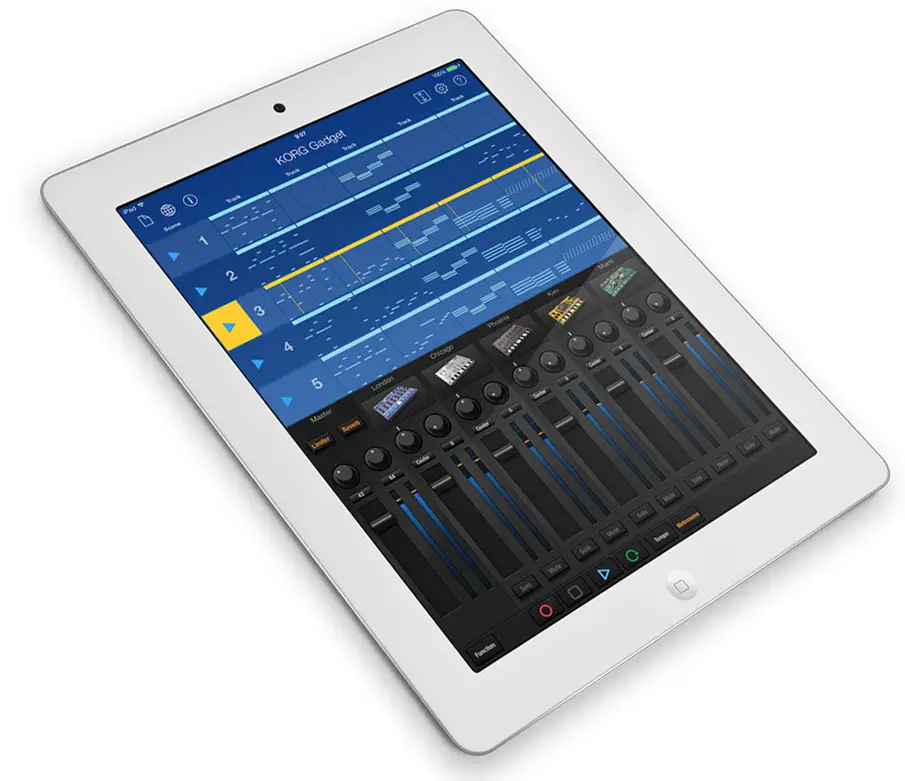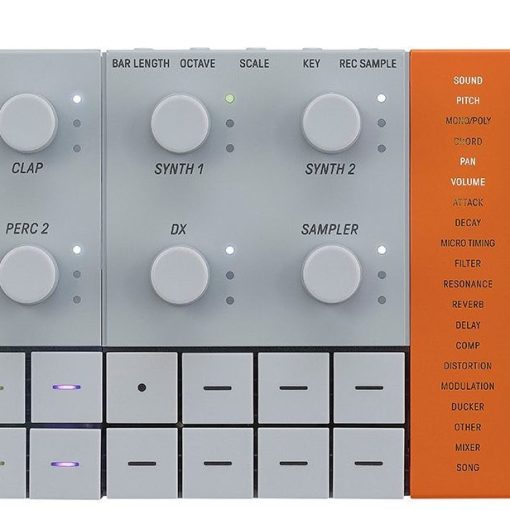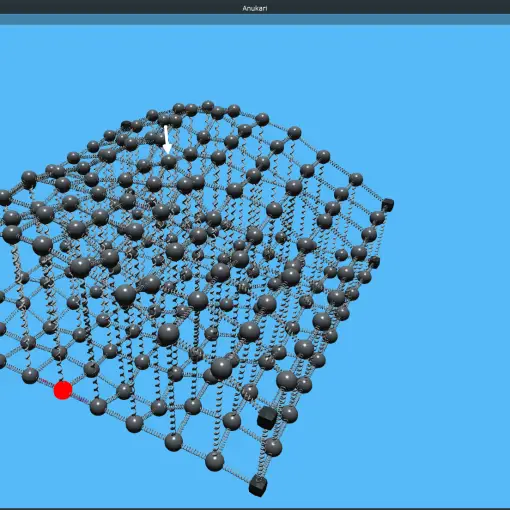Google announced its MusicLM artificial intelligence music generator back in January and now it is beginning to open it up to a select number of the public for additional testing, rating and to help it learn more quickly.
We didn’t pay much attention to it in the post-Christmas malaise, but perhaps we should’ve done. AI as a whole is becoming one of the year’s most talked about and debated concepts, and you know when Google starts looking at something, it’s likely something which will keep on growing.
The basic premise of MusicLM is of a text-to-music generator. When fed a descriptive sentence about what sort of music is required, it will generate a piece of music as an output, which may or may not be a close assimilation of the source.
Obviously, one would get a myriad of different outputs by simply feeding real human musicians with a seed sentence and seeing what their creativity, musicality, level of experience and access to technology/instruments/other musicians allowed them to come up with. And supposedly it’s much similar with this AI model, which will likely have a very large dataset of music, samples, sounds, and musical ideas/theory/concepts upon which to draw.
Whereas ChatGPT, the conversational AI which seems to be the best known, is perhaps a generalist robot with a slight penchant for technology (hang on, robots aren’t supposed to have emotions, are they?), MusicLM is much more specific. It’s all about the music — or at very least, at attempting to output a series of sounds which us humans would consider ‘music’ in some genre or another.
Various input methods seem to be possible, including audio generation from long captions, long generation, story mode—in which audio is generated by providing a sequence of text prompts possibly with timing information—text and melody conditioning, music inspired by an image, short audio clips, geographical prompts, output based on a level of musician expertise, and more.
It could all be very exciting if this is the sort of thing you’re into, and if you don’t have to wait too long to use it. It’s not clear how long the waiting list to use MusicLM, which is part of Google’s AI Test Kitchen, but it’s worth signing up now if you’re even slightly interested (which we are).
It’s hopefully yet another tool for generating musical ideas and seeking inspiration. A quick listen to some of the demos suggest the quality is variable, so don’t think this is going to be a shortcut to producing full-blown high-quality tracks. There may not even be a way to get hold of the audio in a usable format, so be prepared to transcribe by ear anything you hear which you’d like to take into your own projects.
Then of course there’s the thorny problem of copyright. Generally, it’s still considered that anything an AI generator creates is not copyrightable per se, because it’s not been generated by a human. That said, AI generators generally work by piecing together material in large datasets, much if not all which has been produced at some point in the past by humans. Therefore, the output could infringe on copyright, so creators need to be careful how they use what they hear.
We won’t get bogged down in this, though. For the moment, let’s look at the positives of tools like this — yet another way to beat creative block and get those compositional muscles flexing. Not everyone likes the concept of AI or where it’s going, but it will never replace the human art of composition and performance nuance. Perhaps just enhance it.
Music AI generators are not brand new (only relatively so) and there are a number of existing services—many of which must be paid for—offering to generate music and the like. Google’s involvement does look as if it will make it more open to the masses.





